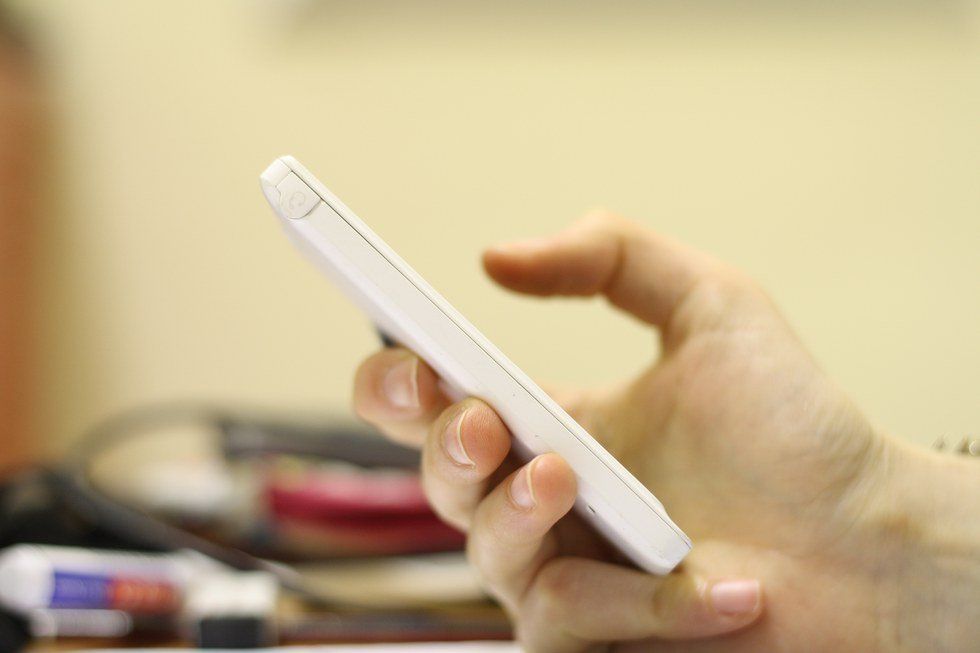Social media is a powerful thing and that's something that people just can't deny anymore.
The list goes on.
On average people check their phones, about 150 times a day. Which seems insane, but could very well be accurate at the same time. The affect on the human mind is there and that's why it's not surprise that social media has a huge influence on the election.
We've all seen the politically driven arguments, the posts, and the tweets. According to CIO.com, social media shows the ugly side of voters-which is something that I agree with completely. Even though social media has given us a venue to express our views, many times political debates can turn personal. People end up arguing with someone that they probably don't even know in real life.
The CIO article also talks about how people just want "confirmatory information". You want to find people who you can connect with that share your views. Tell you why your opinion is right and to support you. People also reiterate what they hear around them off line. Environment can have just as much of an influence on people.
We've also seen both sides of the campaign utilizing and recognizing the power of the media-especially in 2016. Campaign commercials used to be shown mostly on TV, but now they've branched out to reach more people. You could go to play a Youtube video and a political ad would come up. You could be on Instagram and scroll past a political ad. I remember being on Tumblr and seeing a campaign ad. They recognize that millennials are a huge percent of the voting population. In fact, millennials are now the largest, most diverse generation in the US population. Which is why utilizing social media is important to both sides.
Frank Speiser of Social Flow called this election "the first true social media election". Most people get their campaign updates from social media. According to an article govtech.com, Facebook now has 160 million active users, which is up 60% from 2012. Twitter now has 385 million monthly active users, which is up from 185 million (2012).
When the debates were happening, Twitter livestreamed it and people tuned in. Whether it was to bash a candidate, bash both candidates, criticize the election all together, or to proclaim that the US is doomed. I can tell you during the debates is when my Twitter feed was the most politically driven. This move has also allowed people in other countries to comment as well. Sure they can't vote, but that doesn't mean that they don't have an opinion. For example Emma Watson wrote an open letter encouraging American women to vote, even though she is not eligible to cast a vote herself.
This election has proven that social media is and will be a huge part of elections to come. I will be casting a vote in the first social media election.
Will you?




















